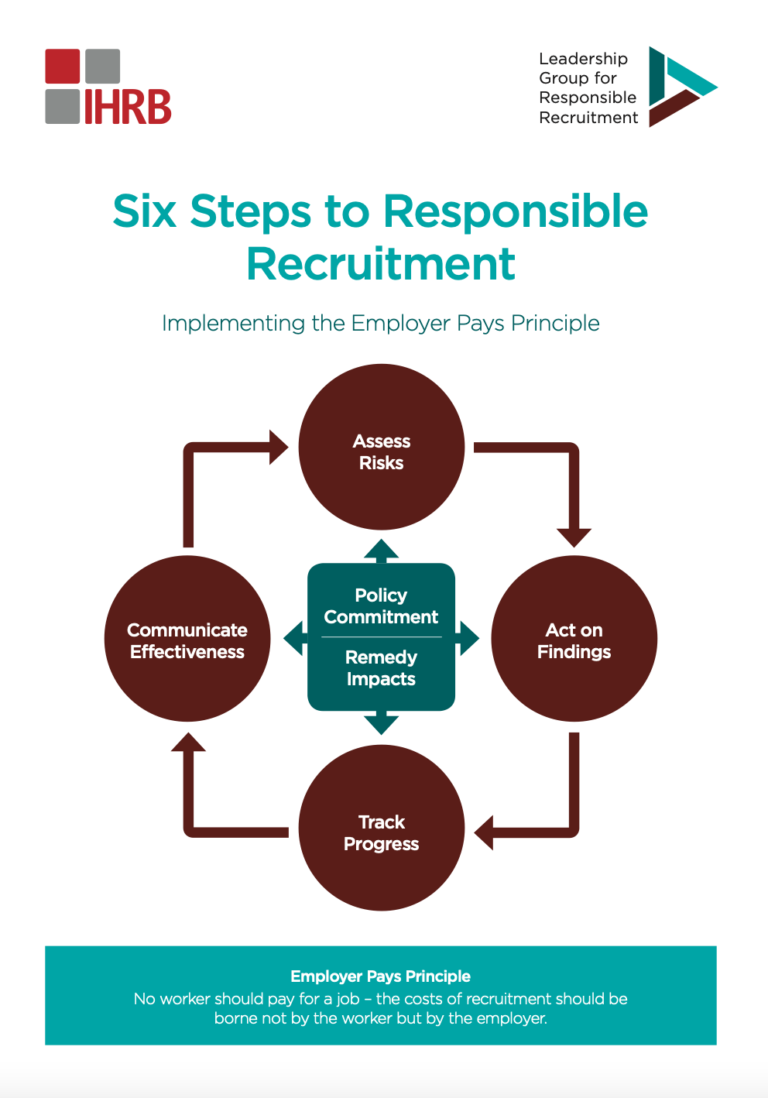Modern Slavery and Financial Services: Responding to COVID-19
COVID-19 resourcesGuidanceThe COVID-19 outbreak has been affecting Asia since January 2020. It is now a global pandemic, with over 4.5 million cases detected in 168 countries and over 300,000 deaths globally as of 15 May 2020. Much of the world has implemented severe quarant...Read More

